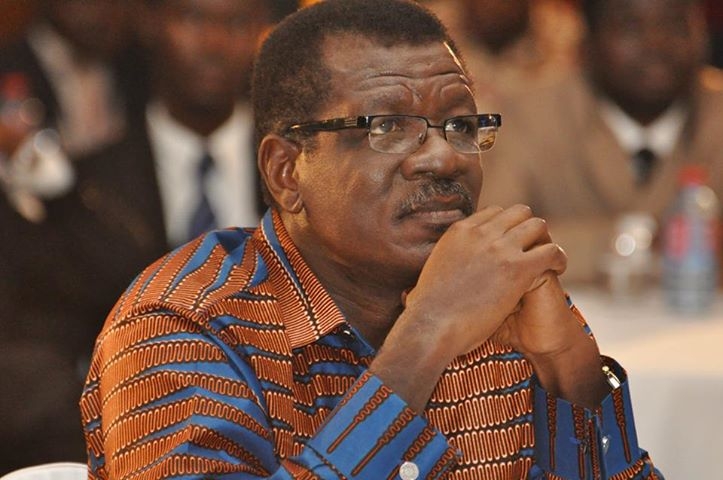
The use of oil revenue by central government is yet to be felt four years after the start of commercial oil production in the country, Ishmael Edjekumhene, Executive Director of the Kumasi Institute of Technology, Energy, and Environment (KITE) has said.
The impact of oil revenue, according to Mr. Edjekumhene, is yet to be felt because the Annual Budget Funding Amount (ABFA) as prescribed by the Petroleum Revenue Management Act (2011) to be used for developmental projects has been thinly spread due to the absence of a national development plan.
The ABFA, which constitutes 70 percent of the net Ghana’s petroleum receipts, is expected to be used for various development projects.
“That’s the best way not to spend the oil money at all. Nigeria can at least point to Abuja as what they have built with their oil revenue. We need a national development plan that will specify what projects oil money should be spent on. Absence of a national development plan is one of the weaknesses that we should address,” Mr. Edjekumhene said.
He was speaking at a project inception workshop for a three-year impact evaluation research titled “Examining transparency and accountability within the oil and gas sector: Impact evaluation of key provisions in Ghana’s Petroleum Management Act.”
An amount of US$204.90million was allocated to the Annual Budget Funding Amount (ABFA) in 2013.
Total petroleum receipts for the first eight months of this year stands at US$2billion
Finance Ministry data shows that oil revenue as captured in the ABFA have so far been expended on the construction of classroom blocks for different communities, dams and irrigation systems, and boreholes.
Others include water supply projects, construction of the Ankaful Maximum Prison, medical laboratories, rural electrification projects, and the construction of housing units for the Bureau of National Investigation (BNI).
Major Daniel Sowah Ablorh-Quarcoo (Rtd), Chairman of the Public Interest and Accountability Committee (PIAC) said: “Oil revenue is so far coming in trickles. We are nowhere near the kind of revenue that a real oil producing country should be looking at. We are only doing about 100,000 barrels, while Nigeria produces 2million barrels per day.”
“Comparing government’s revenue from other sources, oil revenue has not developed the muscles yet — but that does not mean we should not help. We should help it develop the muscles, and when the muscles are developed then it should be able to run.
“We should not sit back and allow wastage to take precedence like has happened in the other extractive industries such as gold, diamond and so forth. If you go back to those communities where gold and diamonds have been extracted, you will feel sorry for them because we haven’t done much,” he said.
The US$571,000 three-year project, to be undertaken by KITE and its partners, is expected to examine transparency and accountability within the oil and gas sector, and evaluate the impact of key provisions in Ghana’s Petroleum Revenue Management Act (Act 815).
The study also seeks to investigate the impact of two notable provisions of the PRMA — the creation of a Public Interest and Accountability Committee (PIAC) and Annual Budget Funding Amount (ABFA) — in enhancing transparency and accountability in the management of petroleum revenues in Ghana.
The finding of this project is expected to inform policymakers and government about key areas where citizens would like to see oil revenue channeled.




